| Headquarters: |
Paris, France

|
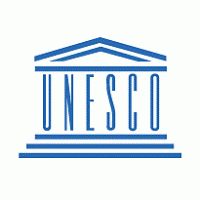
|
| Website: |
http://en.unesco.org/ |
| Description: |
The remit of the United Nations Educational, Scientific and Cultural Organisation (UNESCO) is the coordination of international cooperation in education, science, culture and communication. |
| Summary: |
UNESCO’s global priorities are Africa and Gender Equality. Its overarching objectives are achieved through a medium-term strategy and are a culture of peace and sustainable development.
|
| Organization Type: |
International Inter-Governmental Organization |
| Issue areas covered: |
UNESCO’s themes include education, learning to live together and “One Planet, One Ocean.”
UNESCO has an “ethical watch” mandate and also created a Bioethics Program in 1993. Within this program, UNESCO also assists bioethics committees (for example, visiting/assisting the Centre for Bioethics in Eastern and Southern Africa (CEBESA) in Malawi). UNESCO also has a standard-setting role in bioethics and, for example, contributed to the formulation of basic principles in bioethics through the Universal Declaration on the Human Genome and Human Rights, which was adopted unanimously and by acclamation with the General Conference in 1997 and endorsed by the United Nations General Assembly in 1998.
|
| Key opportunities and dates for input: |
|
| Requirements for participation: |
UNESCO can make arrangements for consultation and cooperation with NGOs.
There does not appear to be any animal protection organizations listed as UNESCO NGO partners.
|
| Advocacy Opportunities: |
- Linkages and joint programs in the fields of education (humane education and AW education) and sustainable production and consumption (including educational materials in this field).
- Advocacy under the “One Planet, One Ocean” theme on marine mammals and fish welfare.
- Advocacy on animal experiments and bioethics.
|



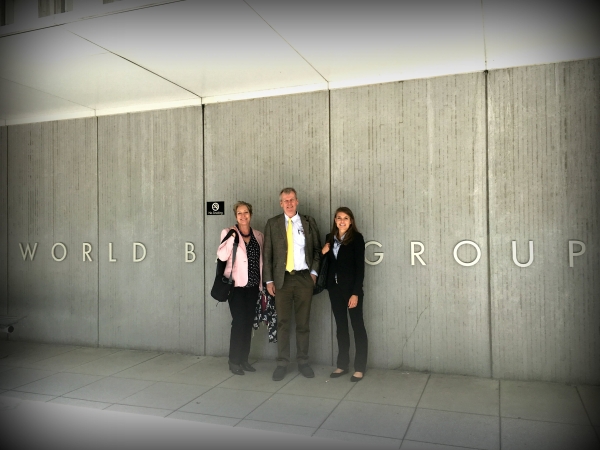 In 2013, I joined World Animal Net (WAN) alongside Akisha
In 2013, I joined World Animal Net (WAN) alongside Akisha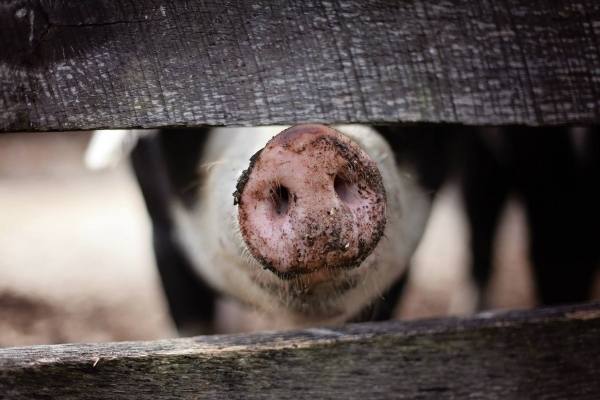 World Animal Net has brought together animal protection and environmental
World Animal Net has brought together animal protection and environmental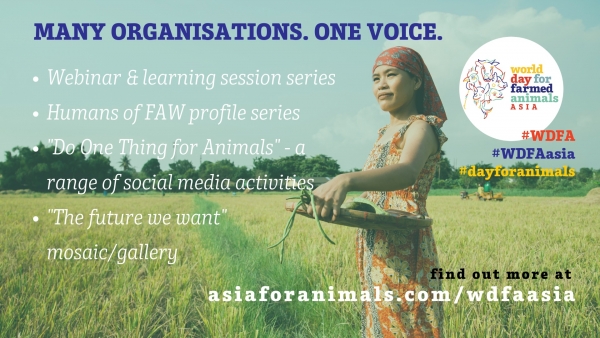 World Day for Farmed Animals Asia is on October 2nd
World Day for Farmed Animals Asia is on October 2nd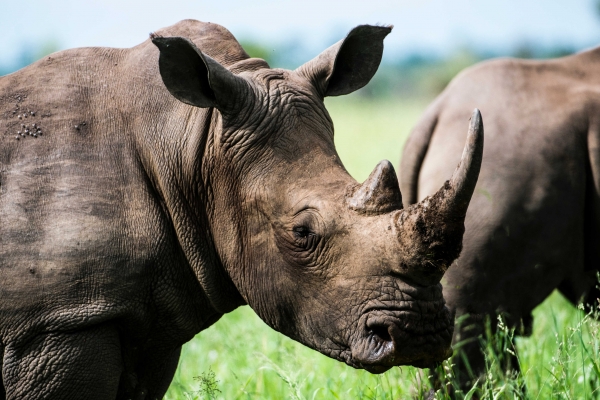 The Convention on Biological Diversity (CBD) is an international agreement
The Convention on Biological Diversity (CBD) is an international agreement